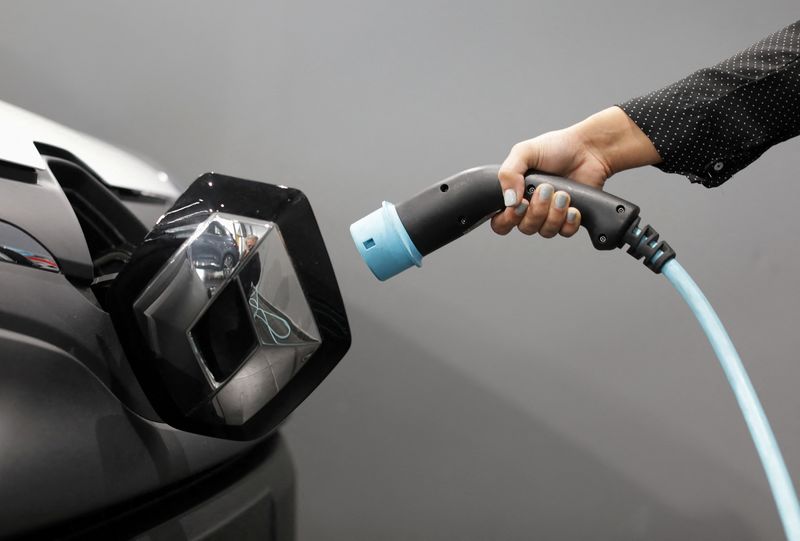Solid State Batteries (SSBs) are poised to revolutionize the battery industry and unlock a new paradigm that could significantly improve energy density, safety and performance in electric vehicles (EVs).
This next generation of batteries, specifically all-solid-state batteries (ASSBs), represents the most substantial advances in battery technology in decades, according to Bernstein analysts.
In a report on Monday, the investment bank highlighted that these batteries could deliver a 50% higher energy density at the cell level, up to 500 Wh/kg, allowing electric vehicles to achieve a range of 700-800 kilometers with fast charging times of less than 10 minutes. .
The technological promise of ASSBs lies in their potential to outperform current lithium-ion batteries (LiBs) in several key areas.
In particular, sulfide-based ASSBs stand out for their superior safety performance and longer cycle life compared to other solid-state battery technologies such as Li-metal anode or semi-solid-state batteries.
“Sulfide-based ASSBs are at the A-sample stage but are expected to reach mass production in 2027,” analysts noted.
For example, Samsung (KS:) SDI is leading the way with plans to decide on building a commercial line by the end of 2024.
Despite their promise, SSBs face significant technological and cost challenges. The cost of ASSBs is expected to initially be much higher than that of existing Li-ion batteries, which could limit their adoption to high-end markets.
Moreover, dendrite formation – a major technological challenge – remains a significant obstacle. However, new materials are being developed to create stable interfaces between battery components, which could alleviate this problem, Bernstein explains.
One of the crucial innovations in ASSBs is the solid electrolyte, which has become the new cathode in terms of cost and importance. The solid electrolyte represents approximately 50% of the cost of an ASSB, compared to only 5% for conventional LiBs. Companies such as Idemitsu, Lake Materials and Cosmo AM&T are emerging as leaders in this crucial area of battery development.
“By the end of this decade, we expect solid-state batteries to emerge to replace lithium-ion batteries,” analysts pointed out.
In terms of commercialization, timelines vary between different companies.
While Samsung SDI and CATL aim for mass production of ASSBs by 2027, other players such as LG Energy Solution and SK Innovation are targeting the end of the decade.
Toyota (NYSE:), another major player, has ambitions to commercialize SSBs by 2027/2028, although its progress remains unclear.
Meanwhile, emerging companies such as QuantumScape (QS) and Solid Power (SLDP) are making progress, with QuantumScape having signed a major agreement with PowerCo to produce 40 GWh of SSBs per year.


